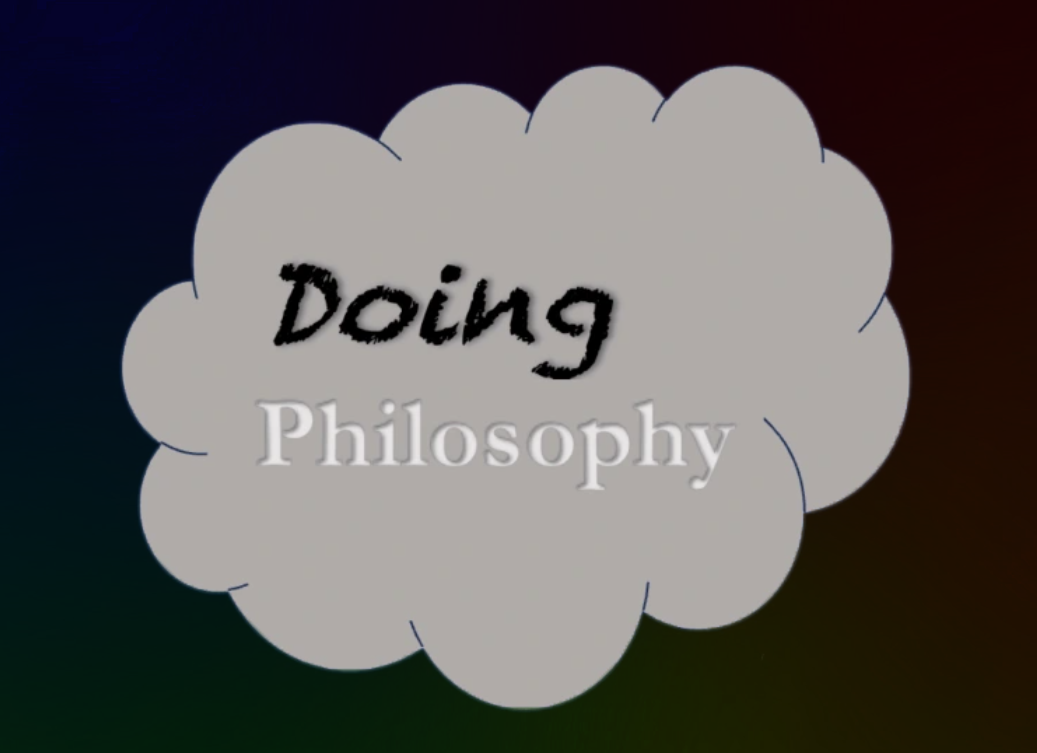New Podcast: Doing Philosophy (plus: Confidence in Philosophy)
“You shouldn’t be super confident in philosophy.”

That’s Crispin Wright (NYU/Stirling) in the fourth episode of a new podcast, Doing Philosophy, created by Tom Kaspers, who recently obtained his PhD in philosophy from the University of St. Andrews.
The podcast is trying out (what seems to me) a novel format: an early-career philosopher discusses the topic of one of their own articles with a relatively senior philosopher, in a conversation helped along with questions and moderation from the show’s host.
Kaspers is both the host and early-career philosopher in the first four episodes, which try out the format. He discusses a few of his articles with Wright, Huw Price (Cambridge), and Sanford Goldberg (Northwestern). He hopes to be just the host in future episodes.
So if you’re an early career philosopher who’d like to be on a podcast featuring a philosophical conversation on the topic of an article of yours, and you have in mind a relatively senior philosopher you think would be interested in taking part in that conversation, get in touch with Kaspers at [email protected].
In the episode quoted at the start of this post, Wright continues:
I’m always distrustful of philosophers who think there are definite mistakes in some views, beyond the pale. How could you think that just sociologically, when you’re confronted with examples of very skillful, respectful philosophers holding views which you can’t see off, but that strike you as dotty.
One of the most traditional benefits of philosophy, according to Socrates, is coming to realize how little you know. And I would qualify the expression of that: coming to realize that in philosophy you can be confident that you have the right opinion about very little. Or the best opinion about very little. There’s always an antagonism and a trained skilled philosopher can always construct a case which you find uncongenial. Williamson on vagueness, Lewis on modality, Graham Priest on contradiction. All of these views are, as I’ve put it before, dotty, in my opinion, but nevertheless you have to be impressed by the way in which they defend it. That’s good philosophy. I think it’s valuable to know that that can happen and is likely to happen about any particular philosophical issue. That’s a kind of wisdom and it’s in keeping with Socrates’s thought that the views you’re attracted to are matched by views you find unattractive but that are as well or better defended. That’s a truth of sorts.
I don’t think we’re describing [in philosophy]… There’s no reality that is already philosophically determinate which we’re starting to articulate. I guess this is pragmatism. I think we’re feeling our way into the shape of a view, a set of proposals, with which we’re comfortable, and which resolve certain anxieties and singularities. But again, it will be a value judgment. But it may be that there is no account with which everyone feels totally happy. That there are always tensions and little incoherencies. They are not to be ironed out. It’s just the kind of predicament we have when we try to theorize about concepts which were involved for non-theoretical purposes. And if that’s the case, well that’s well to know. And now you can have a view you prefer to others but which it would be silly to say, ‘This is the right account.’
Doing Philosophy is available on Apple, Spotify, Amazon Music, and elsewhere.
See also the Big List of Philosophy Podcasts.


What Wright says sounds like it could have been said by Rorty. This observation is an inkblot, so folks can decide whether reaching a Rorty-like metaphilosophy represents progress or a step back.